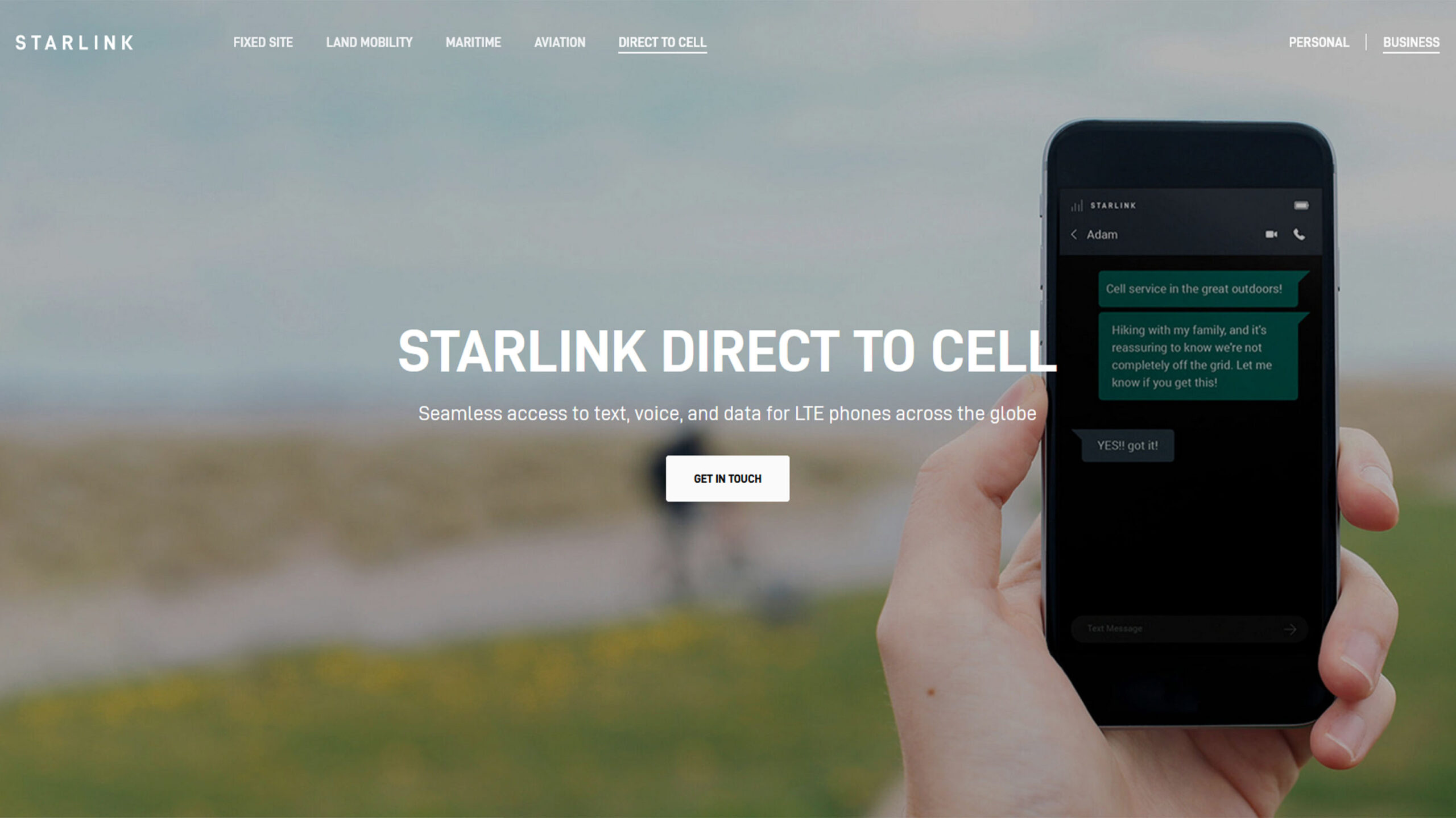
Over the weekend, Elon Musk claimed that Starlink would launch “direct to mobile phone internet” exclusively with T-Mobile in the U.S. and suggested it would come to other countries in the future.
Musk shared an X (Twitter) post from Ben Longmier, senior director of satellite engineering at SpaceX, saying that Starlink will start by working with one carrier in each country “but ultimately hope[s] to serve all carriers.”
Longmier’s tweet celebrated a double rocket launch that added 26 satellites to Starlink’s Direct to Cell program. In his tweet, Longmier claimed T-Mobile would “have no more dead zones in the US later this year.”
Of course, anything Musk says should be taken with a grain of salt. Neither Musk nor Longmeir shared any specific launch dates, with Starlink’s own website saying it aims to launch Direct to Cell texting capabilities in 2024, while voice and data are slated for 2025.
Starlink direct to mobile phone Internet is exclusively with @Tmobile in the US for the first year, then other carriers thereafter.
We are starting off working with one carrier in each country, but ultimately hope to serve all carriers. https://t.co/CDVeiftVNT
— Elon Musk (@elonmusk) August 31, 2024
That said, there is supporting evidence for some of Musk’s claims. For one, SpaceX has successfully tested its cellular data system with unmodified smartphones from Samsung, Apple and Google. Additionally, SpaceX has partnered with several telecom providers, including Rogers in Canada.
While this is actually feasible, at least as far as Musk’s claims go, the timeline would put Canadian Direct to Cell service launch in late 2025 or early 2026. If T-Mobile gets a year of exclusivity in the U.S., the earliest the feature could launch in Canada would be a year after T-Mobile launches Direct to Cell. It’s also unclear if just the internet portion will be exclusive and texting via satellite will roll out to more regions before the year is up.
However things play out with Direct to Cell, it will likely mean more satellites in low Earth orbit, which brings its own set of consequences. There is, of course, the Kessler Syndrome, which could see humans cut off from space because of cascading collisions of space junk in orbit. But another concern is the impact of satellites on the ozone layer (and things were just starting to look up for the ozone layer).
Source: Musk, Longmier (Twitter) Via: iPhone in Canada
MobileSyrup may earn a commission from purchases made via our links, which helps fund the journalism we provide free on our website. These links do not influence our editorial content. Support us here.


